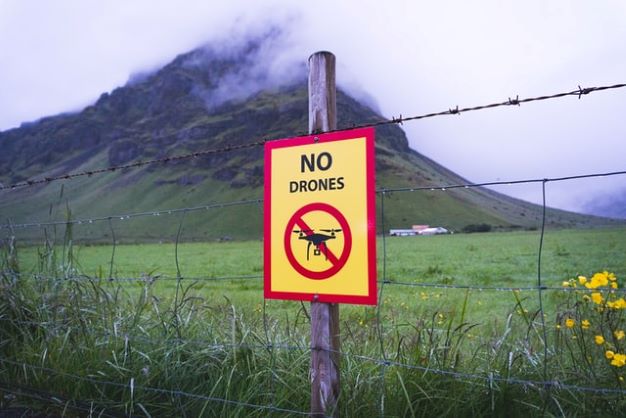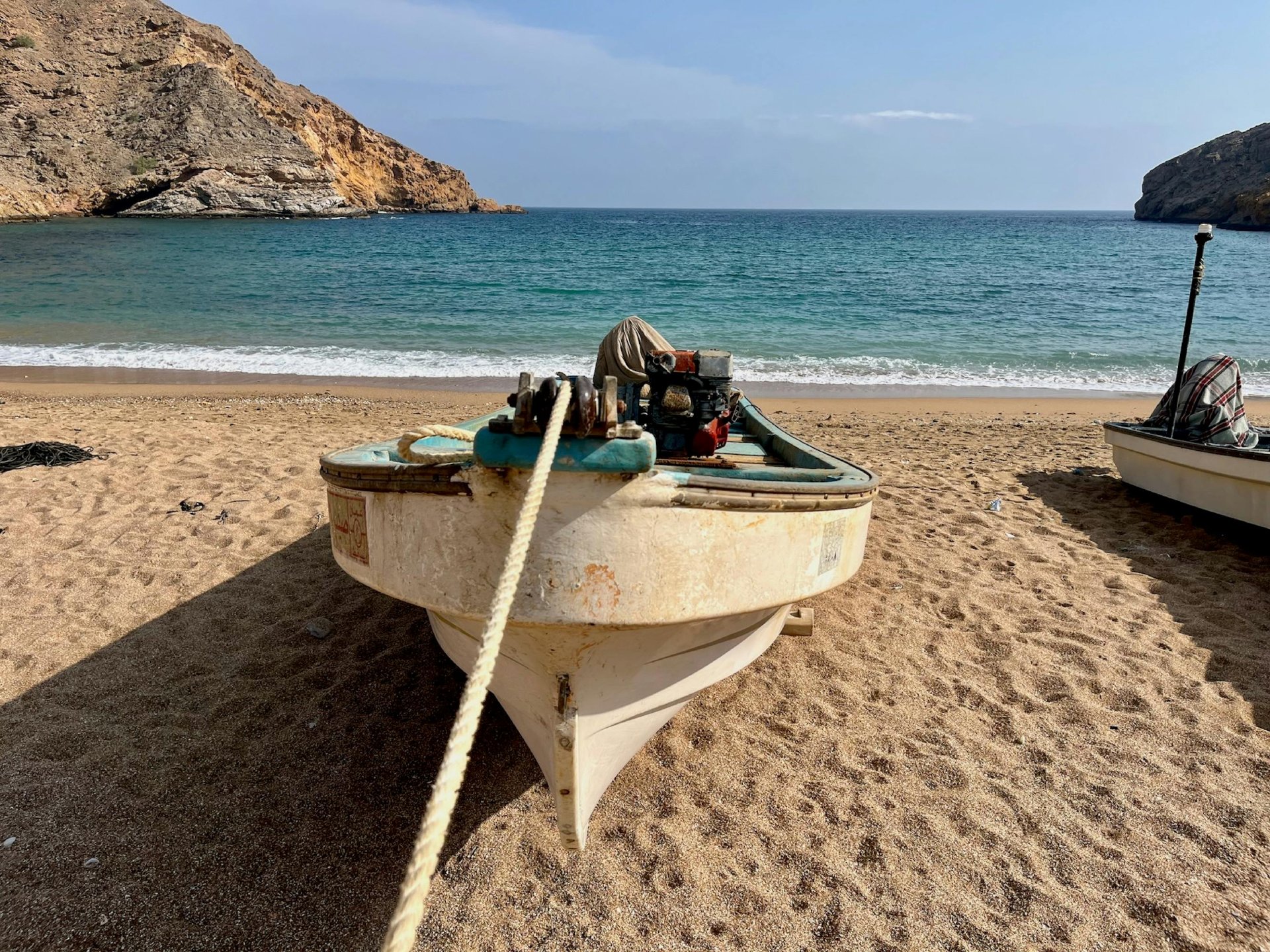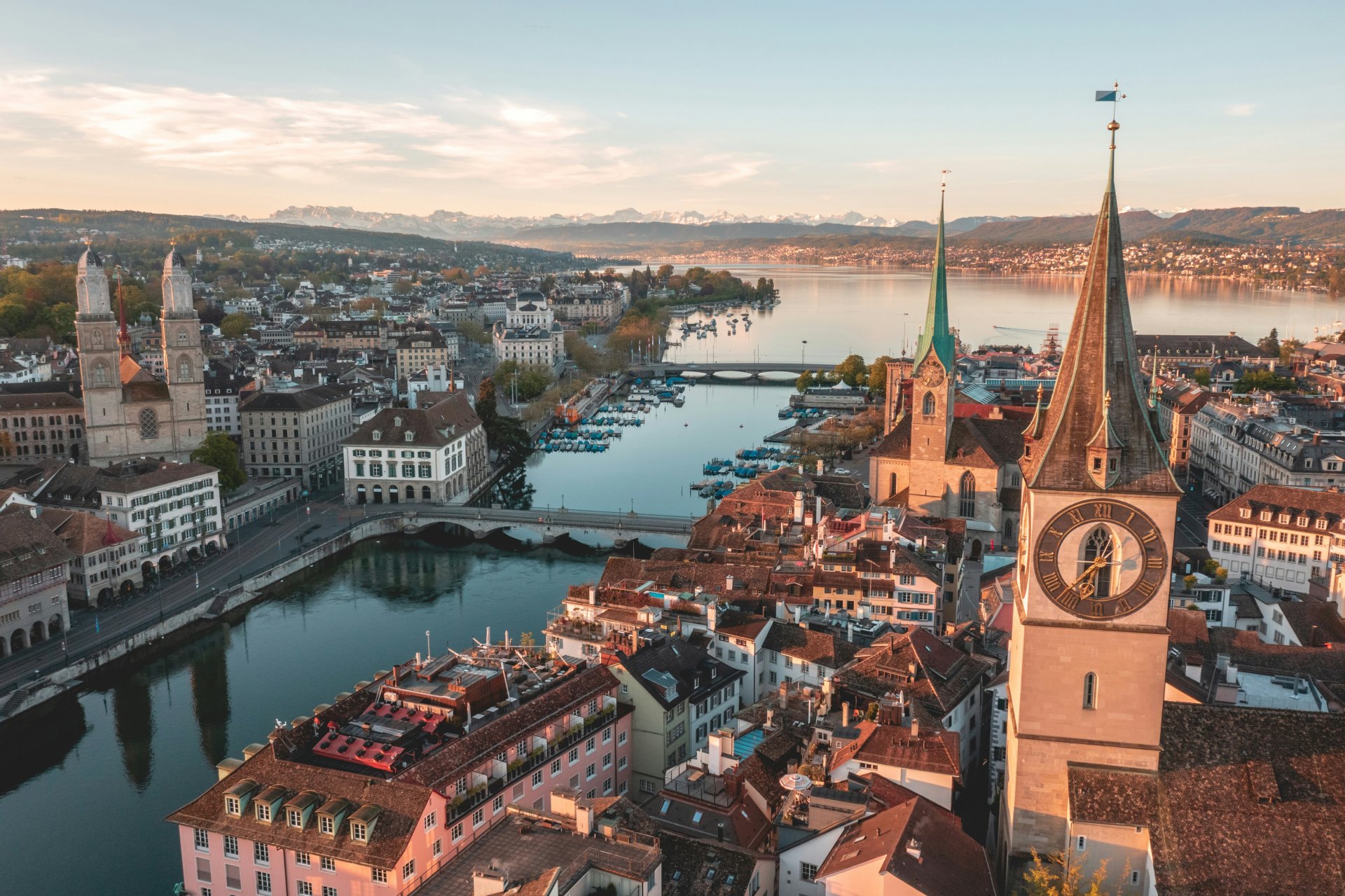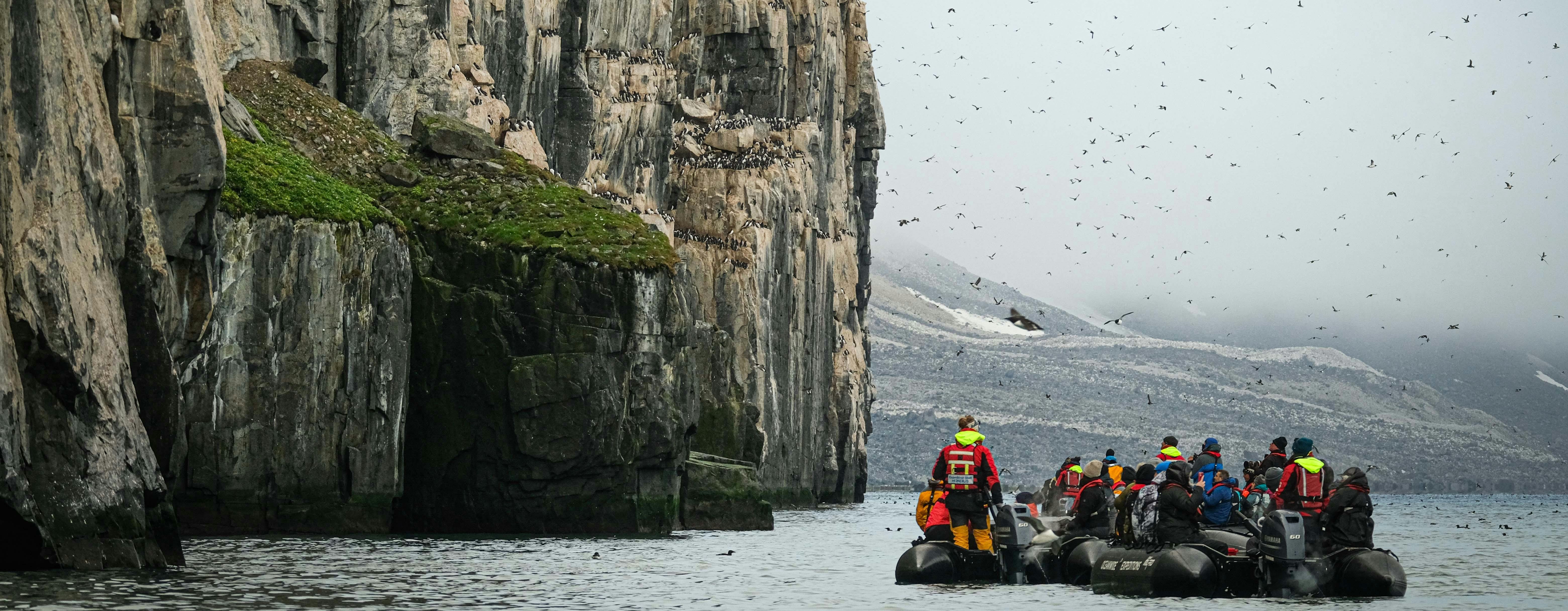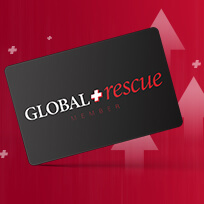A few seemingly weird things that are illegal in parts of the world: camo attire in the Caribbean, chewing gum in Singapore, swearing in public in the U.A.E. It’s true: All are banned in the aforementioned countries…and some punishable with jail time. A Global Rescue security expert fills us in on a handful of unusual laws and illegal items so you are in the know before you go.
Years ago, former Navy SEAL and Global Rescue’s Operations Manager Harding Bush almost found himself in a jam in Jordan. There to provide protection for the prime minister of Iraq, he had flown into the country on military air, but was to depart on a commercial flight. And, on his way out, customs quickly halted him.
“I had two-way radios in my carry on,” he said, which are usually illegal to have in that country. “I was sent to a small secondary room and questioned. Luckily, I was working with the Jordan secret service and had the business card of the King’s detail leader as proof. Without it, I probably would have been sent to jail.”
Bush was fortunate. But other civilian travelers often aren’t when they discover they’ve traveled with an item or are doing something frowned upon or downright illegal in another country. At best, the item could be confiscated. At worst, you could be slapped with a fine, arrested, expelled and even jailed.
The laws of your home country don’t travel with you — that’s why knowing the local laws of the destination is critical prior to traveling.
“The U.S. Department of State’s travel information web page for overseas travel advice explains you are subject to local laws while abroad,” said Bush. “You are bound by those laws. You can’t just say, ‘Oops, I didn’t know.’ Ignorance is not an excuse.”
The following are a handful of examples of what, to some, may seem like the weirdest laws in the world, their explanations and tips to research local laws before traveling.
1. Satellite Phones and Messaging Devices [India]
It has been illegal for foreigners to bring satellite phones and devices into India for many years under the Indian Telegraph Act. And after the Mumbai terror attack in 2008 was coordinated with satellite phones, stricter regulations around these devices were put into place.
“That’s because satellite phones circumvent India’s cellular phone system and are difficult for the government to surveil or track,” Bush explained.
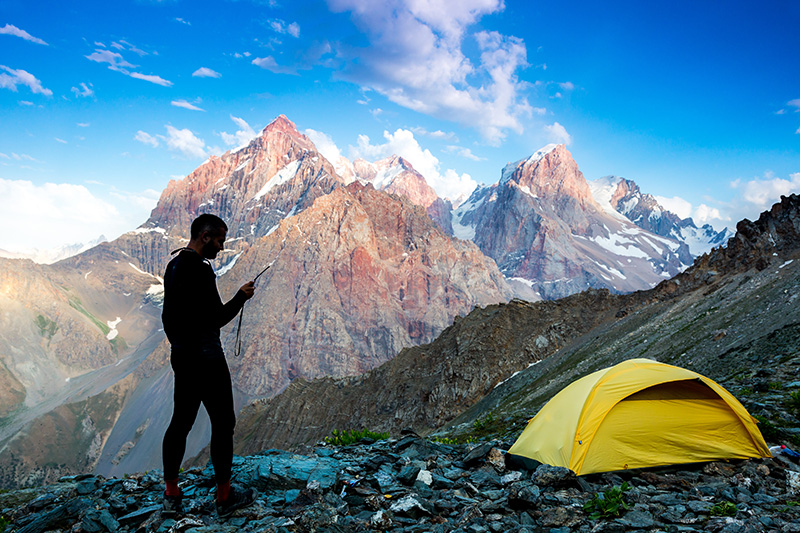
Bringing an unauthorized and unregistered satellite phone into India can lead to significant legal complications, including arrest and detention. However, if you are traveling to remote regions in the country, satellite phones can be e-registered and licensed with the Department of Telecommunications.
“You should check with your guide or tour service regarding cellular phone connectivity, and if they have satellite phones themselves for emergency communications,” Bush said.
Satellite phones and devices are also illegal or strictly regulated in China, Cuba, Bangladesh, Myanmar, Nigeria, North Korea, Chad, Russia, Sri Lanka, Sudan and Pakistan.
2. Walkie Talkies or Two-Way Radios [Europe and Japan]
Your family may often use walkie talkies during ski vacations to communicate around the mountain (especially if cell service is spotty). But these two-way radios have also been used by terrorists, criminals or rebels to support violent activities against a government or population. They can also interfere with licensed communication systems, such as police, infrastructure or emergency services.
For that reason, European countries (like the U.K., France and Germany) closely regulate various frequencies, and unlicensed use can result in confiscation and or arrest. Even certain walkie talkie apps for smartphones may be illegal. They are also strictly prohibited in Japan.
3. Certain Prescription and Over-the-Counter Medications [Various Countries]
Many prescriptions and even over-the-counter medications are illegal in various countries. A few examples: Ambien (particularly in Nigeria and Singapore), pain medications containing tramadol or codeine, attention-deficit drugs, as well as psychiatric or opiate medicines. In Japan and Greece, Sudafed and Vicks are also illegal.
Travelers should carefully research the laws around their required medicine in countries they plan to visit and consult medical guidance on substitute medications. Even if a medicine is legal, travelers should always keep it in the original container and have a copy of a prescription.
[Related Reading: 5 Precautions for Traveling with Medication]
4. Camouflage, Olive Drab or Equipment with Military Uses [The Caribbean, the Middle East and Africa]
Your camo joggers may be comfortable to travel in, but it’s best to leave them at home. Popular Caribbean tourist destinations (Antigua, Barbados, Grenada, Jamaica and Saint Lucia) have strict laws prohibiting the wearing of camouflage clothing. Having it in your luggage or as the pattern on bags or backpacks also falls within the ban’s limits.
“These bans exist in countries that have experienced internal conflict from rebel groups or terrorists and don’t want civilians to be confused as armed combatants,” said Bush.
Travelers on safari to African countries, such as Zimbabwe or Zambia, should be aware camouflage hunting equipment will also fall into this category. Possession of equipment for military uses, such as binoculars, especially if this equipment has night vision, should also be avoided in these countries (plus Egypt and Cuba).
5. Actions or Items Considered to be Rude
What’s the first action travelers often take when they arrive somewhere new and different? Fishing out their camera to capture the scene.
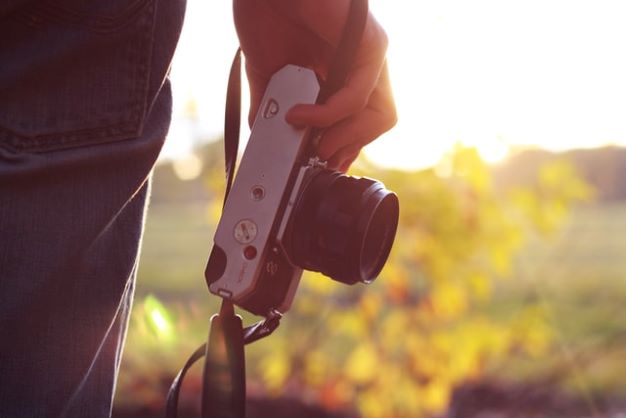
But it’s considered rude or disrespectful to take pictures of people without their permission in many countries, and it may be illegal to take photos of national cultural (largely museums) or religious sites. For example, there’s a photography ban inside India’s Taj Mahal and popular mosques in Saudi Arabia. It’s also frowned upon in many of Southeast Asia’s Buddhist temples.
Many countries forbid taking photographs of government buildings, police or military activity/equipment such as checkpoints and vehicles. That also includes major industrial and logistics areas, like factories, harbors, airports and rail yards. Why? Because it could potentially be interpreted as surveillance. Travelers should research the legal restrictions and cultural considerations around photography where they plan to visit — or risk arrest or confiscation of their pricey photography equipment.
Other examples of disrespectful actions or items that could get you into hot water:
- Swearing. Using the “F-word” is strictly prohibited in the U.A.E. — even when it comes to your online activity.
- Making offensive comments against the local government. Particularly in Turkey, “insult laws” have been around for some time, but are being more harshly enforced because of social media.
- E-cigarettes. Vaping products are banned in Thailand.
- Shooting TikTok Content. Nepal recently banned the shooting of TikTok videos at some heritage sites by would-be social media influencers.
- Chewing gum. Singapore is famous for its ban on gum.
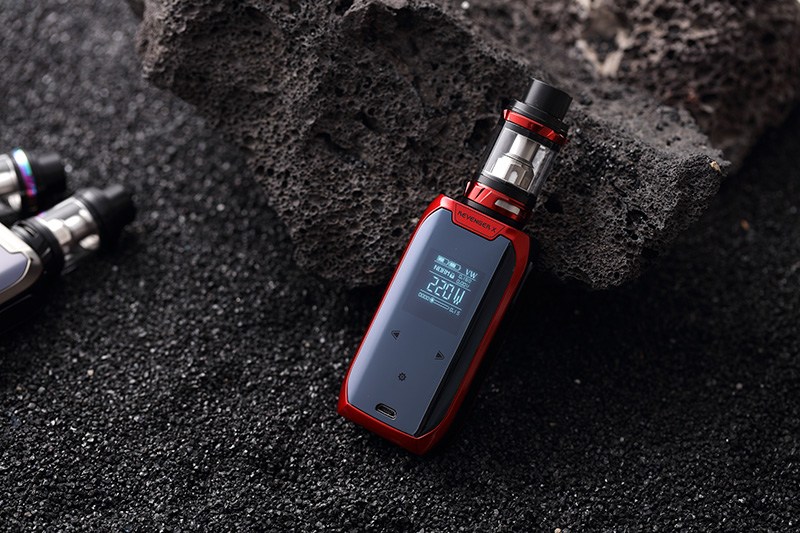
6. Traveling as an Unmarried or LGBTQ+ Couple
Unmarried couples in the U.A.E. and Qatar often face legal complications, and, in many countries, women may not be able to check into a hotel with a man who is not their husband or father. In Jordan, public displays of affection (even if you’re married) are frowned upon. Many countries in the Middle East have no laws prohibiting violence against women and have arrested individuals for breaking laws around extra-marital activity.
Even in 2022, members of the LGBTQ+ community should carefully research laws pertaining to their situation in any country they plan to visit. According to Equaldex, 69 countries have laws Westerners would consider homophobic.
Know Before You Go: Ignorance is Not an Excuse
If you’re a member of Global Rescue, the best place to start your research regarding the rules and laws of a country is with our destination reports. Maintained by our travel intelligence analysts, these reports cover 215 countries and principalities — and they are always accessible in your member portal or on your My Global Rescue App.
Not a member? You can download one free destination report on our Travel Intelligence Center.

